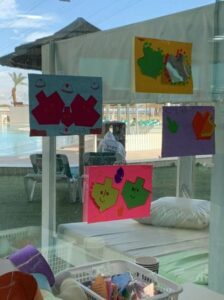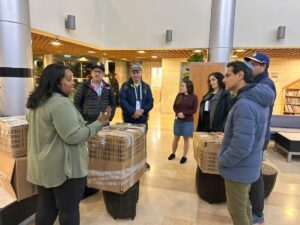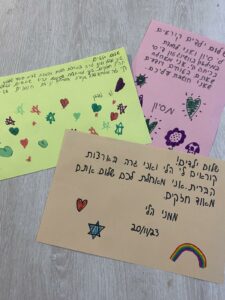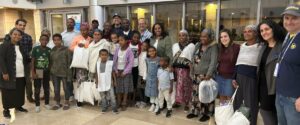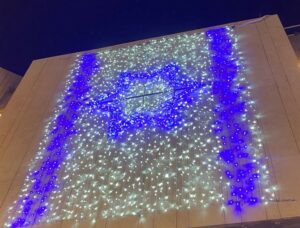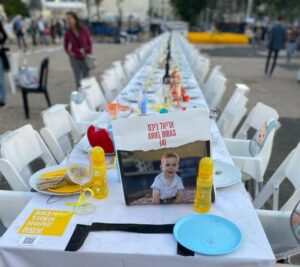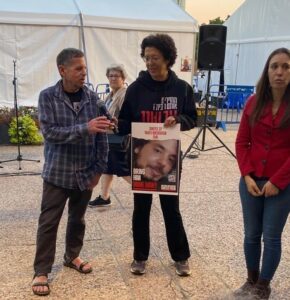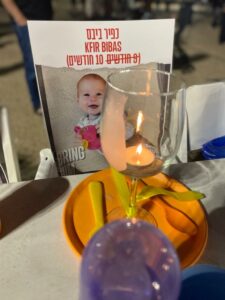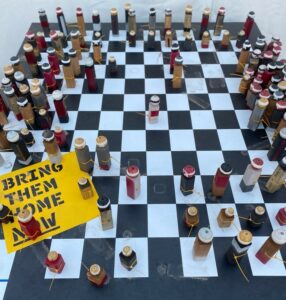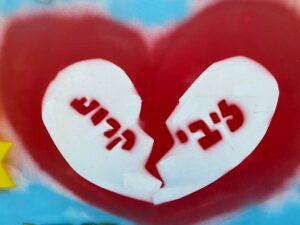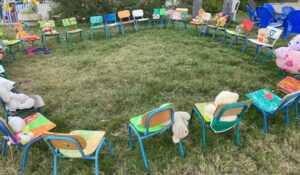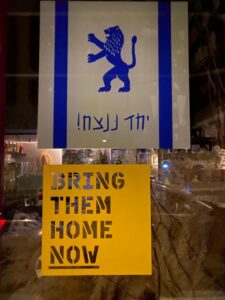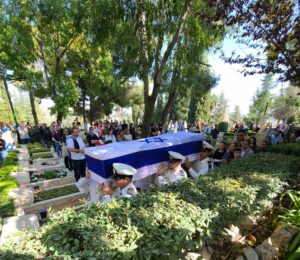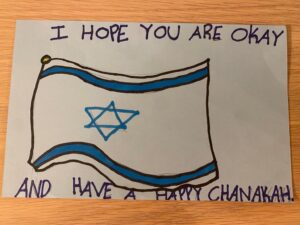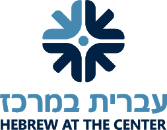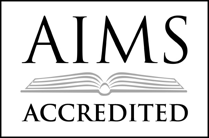Dear MILTON Community,
As I continued my listening mission the last couple of days, my eyes, heart, and hands were opened ever wider. Perhaps, more importantly, my hands got to work. At our opening session, our facilitator observed that, in America, we have been experiencing this war in our heads and through our screens, all of which weigh heavily on our hearts each day.
Israelis, however, immediately jumped in with their whole bodies. Many have articulated feeling that they weren’t sure if their actions had an impact but, at the very least, it was a reason to get up in the morning; the structure and routine helped their resolve and emotional resilience. Among the bittersweet blessings of my week were opportunities to dive into hands-on projects for mefounim (displaced families), chaklaim (farmers), chayalim (soldiers), and families of those in miluim (reserves). In place of the constant refresh and cycle of trying to comment, advocate, and support from a distance, I dug in, gave hugs, listened and – of course – fed people.

